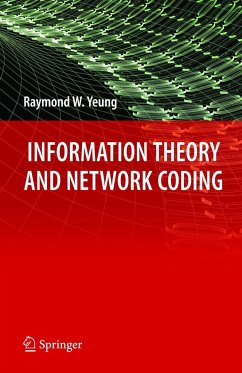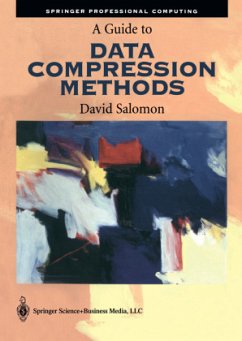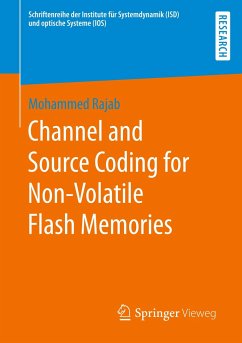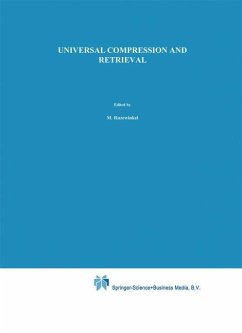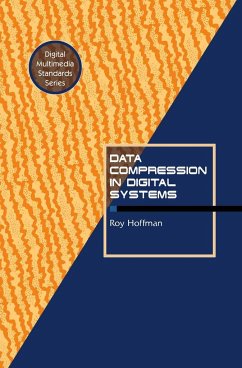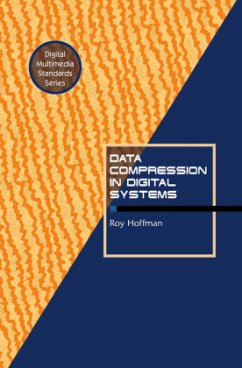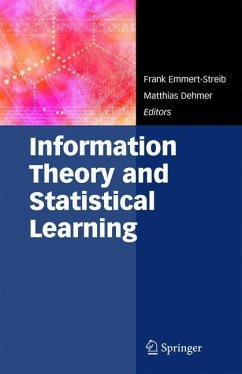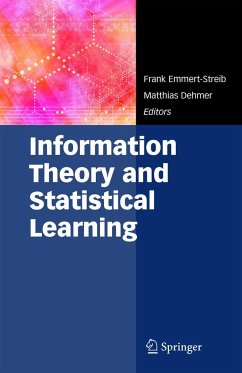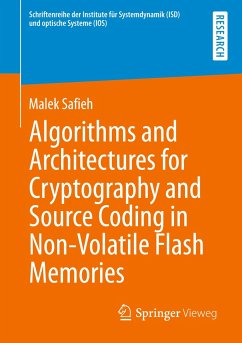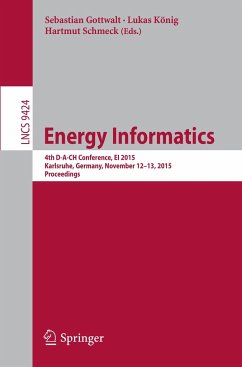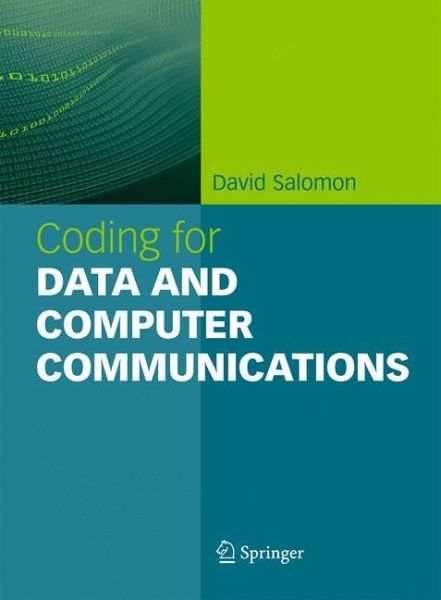
Coding for Data and Computer Communications
Versandkostenfrei!
Versandfertig in 6-10 Tagen
92,99 €
inkl. MwSt.
Weitere Ausgaben:

PAYBACK Punkte
46 °P sammeln!
Coding is a highly integral component of viable and efficient computer and data communications, yet the often heavy mathematics that form the basis of coding may prevent a serious and practical understanding of this important area.Coding for Data and Computer Communications avoids the complex mathematics, favoring the core concepts, principles, and methods of channel codes (for error correction), source codes (for compressing data), and secure codes (for data privacy). The most important approaches and techniques used to make the storage and transmission of information (data) fast, secure, and...
Coding is a highly integral component of viable and efficient computer and data communications, yet the often heavy mathematics that form the basis of coding may prevent a serious and practical understanding of this important area.
Coding for Data and Computer Communications avoids the complex mathematics, favoring the core concepts, principles, and methods of channel codes (for error correction), source codes (for compressing data), and secure codes (for data privacy). The most important approaches and techniques used to make the storage and transmission of information (data) fast, secure, and reliable are examined.
This book is an essential resource for all security researchers and professionals who need to understand and effectively use coding employed in computers and data communications. Anchored by a clear, nonmathematical exposition, all the major topics, principles, and methods are presented in an accessible style suitable for professional specialists, nonspecialists, students, and individual self-study.
Coding for Data and Computer Communications avoids the complex mathematics, favoring the core concepts, principles, and methods of channel codes (for error correction), source codes (for compressing data), and secure codes (for data privacy). The most important approaches and techniques used to make the storage and transmission of information (data) fast, secure, and reliable are examined.
This book is an essential resource for all security researchers and professionals who need to understand and effectively use coding employed in computers and data communications. Anchored by a clear, nonmathematical exposition, all the major topics, principles, and methods are presented in an accessible style suitable for professional specialists, nonspecialists, students, and individual self-study.





